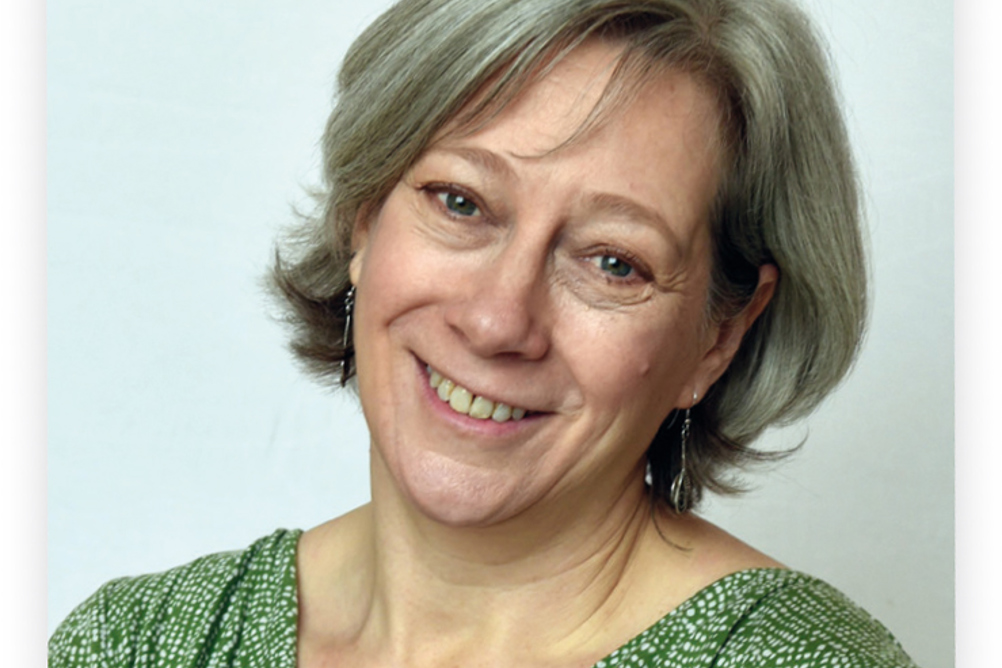
MT: Tell us a bit about your background and career?
AMS: I started teaching English as an additional language about 35 years ago. I soon became curious about why some of my learners weren't making the progress we expected, so I started investigating dyslexia, to understand how differently people can learn. I then qualified as a dyslexia assessor. In 2005 I set up ELT well (eltwell.com), to bring together the two fields of English Language Teaching and supporting neurodiverse learners. In 2024 I qualified as a speech and language therapist as well, and now I'm working with autistic adults.
MT: What will you be sharing with delegates at the Music & Drama Education Expo?
AMS: Visitors to our stall will find some information about neurodiversity and how it can affect people learning to play and read music. It's also a great opportunity to see In Tune With You, the new piano course that Yvette French is developing. It's designed with neurodiverse learners in mind; it includes a lot of multisensory activities, and simple, concrete ways of introducing musical concepts.
MT: Which types of teachers will benefit from visiting the stall?
AMS: All teachers will benefit from dropping by our stall – whether they teach adults or children, in schools or privately. They may not realise that they have neurodivergent learners, but they almost certainly do!
MT: What is the potential for music as a language-learning tool?
AMS: There is immense potential for using music in language classes – the elements of music align closely with aspects of phonology – but it's valuable in all classes, actually. Music makes repetition fun, so we memorise information more easily. It offers opportunities for learners to cooperate and understand each other better, leading to a more inclusive classroom environment. There'll be some examples of activities from the Language Learning and Musical Activities (LLAMA) collection available on the stall, too.
MT: Is this generally recognised?
AMS: No; unfortunately, the power of music to support learning is often overlooked, so it is a much-underutilised tool. It's a shame, because bringing music into the classroom can be a game-changer for a lot of learners.
MT: How can music teachers best support dyslexic learners?
AMS: I think it's important to recognise the challenges our neurodivergent learners are facing, to establish a shared understanding of how best to work together. In Tune With You can help with that, by showing teachers how to work at the pace of the learner and suggesting different and engaging ways of explaining musical concepts (such as pitch, volume, rhythm).
MT: So if a music teacher suspects that one of their learners may be dyslexic, what should they do?
AMS: It may well be that the music teacher is the first to recognise the signs, so it could be useful to make others aware. In schools, the first step would be to chat to the SENDCo, or the class teacher, to see if they have any information; they would arrange an assessment, if required. Otherwise, the music teacher could mention it to the parents and see if they have picked up on their child's differences. In the case of an adult learner, the teacher might want to open the conversation by mentioning – gently – that they have noticed that they often forget things quite quickly/mix up symbols/practise the wrong piece, and wonder if this is something that affects other parts of their lives.
MT: In your view, what should we be talking about that isn't currently getting enough attention?
AMS: I feel that music is so important to our cognitive development, and social and psychological wellbeing, that tuition should be accessible to everybody. Those learners who struggle with ‘academic’ subjects might well find some relief in music, as long as it is presented in such a way that they can participate alongside their neurotypical classmates, and that their creativity is valued. The demands of learning to read music can be off-putting for some dyslexic learners, and that is what we are hoping to overcome with In Tune With You.




